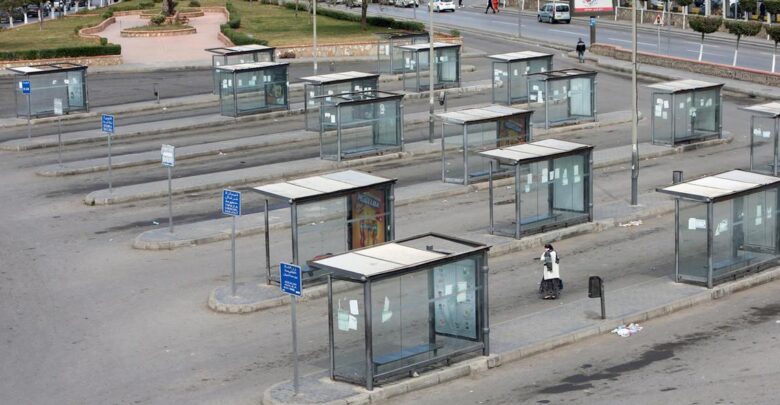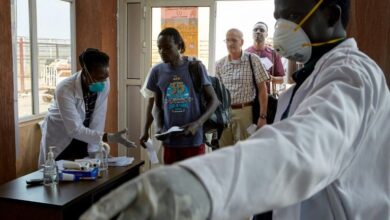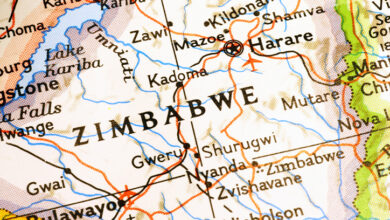Zimbabwe
Zimbabwe Imposes National Lockdown Again Amid Increasing COVID 19 Cases

Zimbabwe’s government on Sunday imposed a national lockdown once again, following a surge in Covid-19 cases, reported Africa News. The number of cases recorded over the festive season has almost doubled from infections recorded so far this year. About 1,342 COVID-19 cases and 29 deaths were recorded in one week, the highest to date.
On Saturday, Vice President Constantino Chiwenga, who is also the health minister, announced that the restrictions were effective immediately and included a 6 pm to 6 am curfew and a ban on inter-city travel.
Only hospitals, pharmacies, supermarkets, and other essential services will remain operational for the next 30 days. Such services would have reduced hours and be subject to the night curfew. The number of mourners at funerals has been limited to 30 people, while all other gatherings at weddings, churches, bars, bottle stores, gyms, and restaurants are banned.
“Only essential services are to remain open such as hospitals, pharmacies, and supermarkets, with only essential staff allowed to come to work,” Chiwenga said.
He said non-essential businesses would also be suspended from Tuesday.
“People must stay at home save for buying food and medicines or transporting sick relatives,” Zimbabwe’s vice president said.
He confirmed that air travel was still allowed within and outside the country, with arrivals and returning residents being required to present COVID-19 free certificates.
Zimbabwe imposed the first lockdown in March but had gradually eased the restrictions. It has recorded a total of 14,084 cases and 369 deaths so far. The southern African nation is already reeling from a deepening economic crisis, high unemployment, and hyperinflation.
Last week, the government delayed the reopening of schools due to a surge in coronavirus infections and a tropical storm that swept through the region. The government will announce new opening dates for schools and other educational institutions in due course after monitoring the situation.






